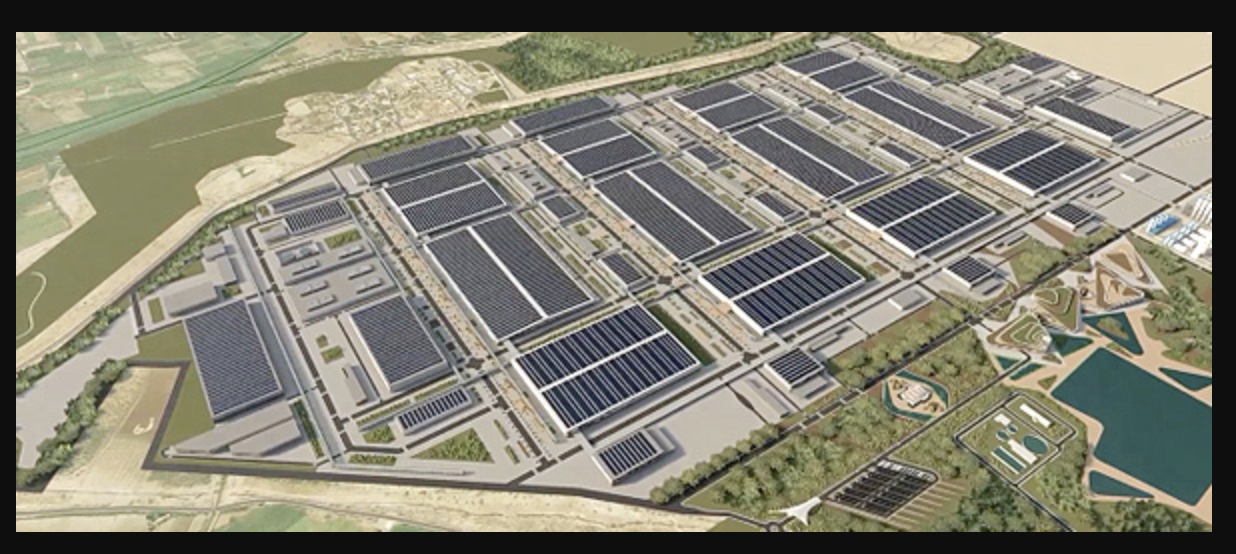Reliance's $10-Billion Clean Energy Plan: Solar, Battery, and Hydrogen Expansion
Key Ideas
- Reliance Industries commissions its first solar panel manufacturing line and progresses on battery storage facilities, a major step in its $10-billion green energy plan.
- The company aims to achieve net zero emissions by 2035 through renewable energy, battery storage, and green hydrogen projects.
- Reliance is constructing 'giga factories' in Jamnagar, Gujarat, to produce solar panels, battery cells, hydrogen electrolysers, and fuel cells at a large scale.
- With 55 compressed biogas plants underway and a massive green energy hub being built, Reliance is set to become a global leader in renewable energy.
Reliance Industries Ltd has taken significant strides towards its $10-billion green energy plan by commissioning its first solar panel manufacturing line and progressing on the production of battery storage facilities. The plan, announced in 2021, encompasses renewables, battery storage, and green hydrogen as part of Reliance's ambition to achieve net zero emissions by 2035. In its FY25 investor presentation, the company confirmed the operational status of its gigawatt-scale solar PV module line, with panels capable of reaching a peak capacity of 720 watts, likely the largest produced by Reliance. This move positions Reliance alongside other Indian solar PV manufacturers like Adani, Tata, Waaree, and Vikram Solar, aligning with the government's directive for clean energy projects to utilize domestically-made solar modules from June 2026 to reduce reliance on Chinese imports. The construction of multiple 'giga factories' in Jamnagar, Gujarat, on a vast 5,000-acre site is underway to manufacture solar panels, battery cells, hydrogen electrolysers, and fuel cells. The solar module capacity is set at 10 GW per year, expandable to 20 GW, while battery production targets 30 GWh, with potential modular expansion of 20 GWh. Additionally, Reliance is focusing on generating 150 billion units of renewable electricity and establishing a green hydrogen-to-chemical complex in Kandla, Gujarat, on a 2,000-acre site. The company is also venturing into biogas production with 55 compressed biogas (CBG) plants slated for completion by 2025, with 10 already operational. Supported by its subsidiary, Reliance New Energy, Reliance is constructing a $7.2-billion integrated green energy manufacturing hub in Jamnagar, encompassing facilities for solar PV, batteries, electrolysers, semiconductors, and power electronics, along with an R&D center. The acquisition of REC Group in 2021 is aiding Reliance in leveraging advanced solar technology to bolster its integrated energy infrastructure. Overall, with its expansive renewable energy projects, green hydrogen initiatives, and commitment to clean energy, Reliance is making significant strides towards becoming a global leader in the renewable energy sector and achieving its ambitious net zero emissions target by 2035.
Topics
Projects
Renewable Energy
Net Zero Emissions
Green Technology
Manufacturing
Solar Power
Batteries
Biogas
Integrated Energy Infrastructure
Latest News
